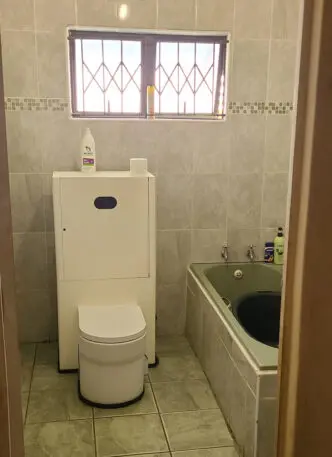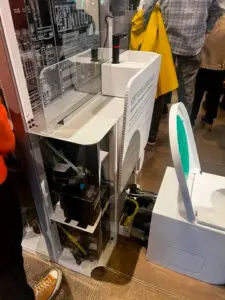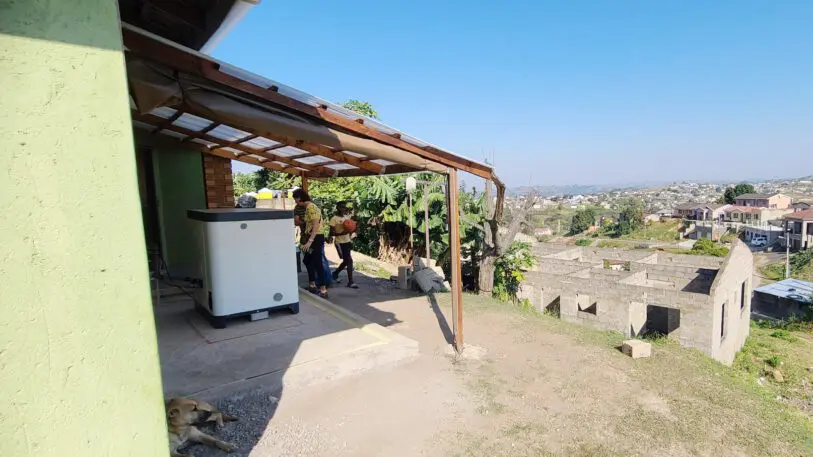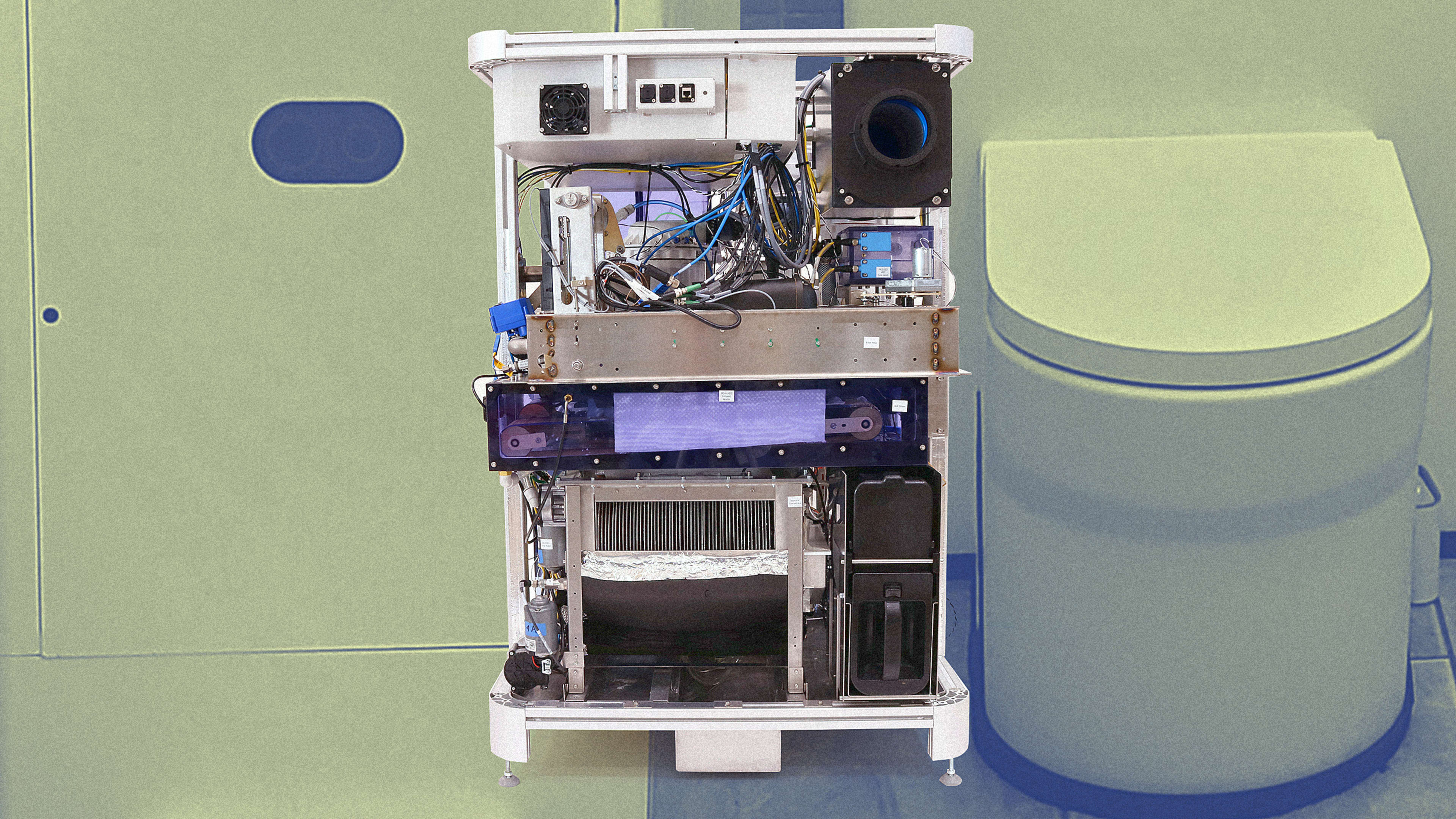About 3.6 billion people—almost half the world’s population—don’t have access to safe sanitation. And fecal waste from poorly managed systems continually flows into the world’s water sources, resulting in half a million infant deaths from contamination each year.
The Bill and Melinda Gates Foundation has been working to combat that since 2011. Its Reinventing the Toilet Challenge has sought an affordable toilet design that kills germs on site, and uses less energy and water—all without needing to be connected to municipal sewage systems. Now, a promising technology has found a commercial partner in Japanese multinational company Lixil, which aims to have a toilet on the market within five years.
Responding to the Foundation’s call, various research groups worked on developing different components of a toilet, resulting in 25 individual technologies. Ninety-five engineers, scientists, and designers at Georgia Institute of Technology then worked to merge the best ideas into the Generation II Reinvented Toilet (G2RT).

The G2RT treats waste within a self-contained processing unit, cutting out the need to collect and transport unsanitary waste elsewhere. “You’re eliminating a lot of steps between waste being produced and safe treatment of that waste,” says Erin McCusker, senior vice president of Lixil Public Partners. “It’s just happening right away.”
As the toilet collects waste, it treats it in a self-contained processing unit. Liquid waste is treated through reverse osmosis and filtration, while solid waste is processed in one of two ways. It can be dried into palm-size patties—like how an espresso machine compresses coffee grounds, McCusker says—and then heated to kill pathogens. Emptied via a receptacle, the remnants could then be thrown away, composted, or used as fertilizer. “The whole idea is that as soon as the processing is done, it’s safe to touch,” she says.
Alternately, it could be treated through a method called supercritical water oxidation, where high temperatures and pressure process the solids into clean water and ash. Both processes can treat the feces of a family within a day; to save energy, the system only turns on when there’s enough matter to treat.
To start with, the toilet only uses five liters of water, added into the water tank. From then on, any water produced is recycled into subsequent flushes, along with urine, meaning minimal water is used.

The decentralized toilet has potential applications both in developed and developing countries, which is part of the Foundation’s criteria. In the U.S., it could be used in places like rural Alabama, which has a sewage crisis. In one predominantly Black county, 40% of homes have no sewage systems, and septic tanks can be too expensive, leading many to use makeshift PVC piping.
Sanitation systems in many urban areas are also overwhelmed by growing populations—including New York City, where wastewater can pour into surrounding waterways when it rains. “When there is drought or flood, these are the systems that tend to fail very fast,” says Doulaye Kone, deputy director of Water, Sanitation & Hygiene at the Gates Foundation.
There are major use cases in the developing world, especially in a volatile climate. For example, in 2018, Cape Town suffered a one-in-400-year drought, which almost brought the city to a scenario of having no water whatsoever.

And it could be ideal in displaced communities, such as refugee camps and disaster zones, where toilets have to be installed quickly, and close living spaces risk the fast spread of disease. The G2RT could eliminate the need for open pit latrines, which require the emptying and transporting of waste—and which can be embarrassing to use. “This could just eliminate the social stigma, and bring back the dignity,” McCusker says.
It’s not only intended for those in vulnerable communities, but also for individuals in well-serviced areas who may want to reduce their reliance on infrastructure and lower their environmental footprint. As a commercial partner, Lixil aims to find the best early adopters, and transform the tech into a working toilet for sale within three to five years.
Recognize your brand’s excellence by applying to this year’s Brands That Matter Awards before the early-rate deadline, May 3.
